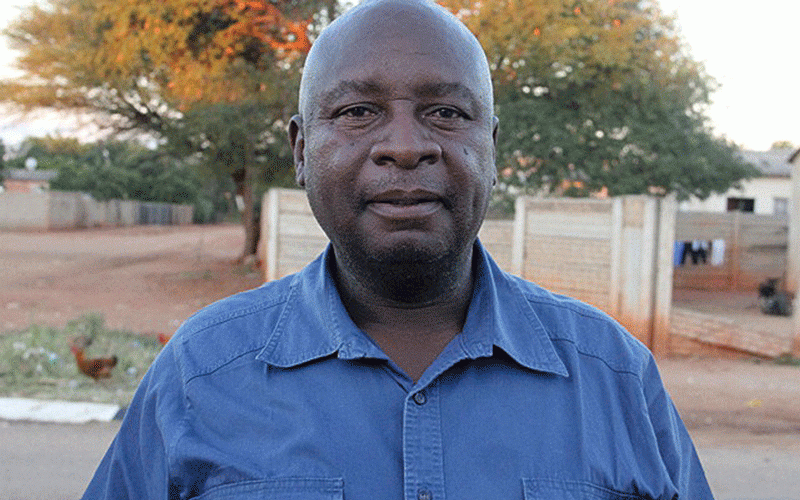
ZIMBABWE’S government is developing a national social protection strategy meant to benefit the country’s informal workers, the Independent has learnt.
The plan follows a revelation from the Zimbabwe National Statistics Agency (Zimstat) showing that 85,5% of all economic activity now takes place informally—one of the highest rates in sub-Saharan Africa.
“The ministry is adopting a multi-pronged, evidence-based strategy to extend social protection to the informal sector, recognising that over 85,5% of Zimbabwe’s economy is informalised, according to the third Quarter Labour Force Survey of 2024,” Public Service, Labour and Social Welfare Minister Edgar Moyo told the Independent.
His plan comes in response to a dramatic increase in informal employment.
Part of the plan, Moyo added, was to propose solutions to challenges facing informal workers.
“A major step taken was the Informal Economy Social Security Needs Assessment Survey, conducted by the National Social Security Authority (Nssa) in partnership with Zimstat,” he said.
“This survey sought to identify the needs, perceptions, and challenges of informal sector workers regarding social security.
“Based on its findings and recommendations from the Tripartite Negotiating Forum, particularly the call to include artisanal and small-scale miners, the ministry is pursuing several interventions.
- Teachers, other civil servants face off
- Veld fire management strategies for 2022
- Magistrate in court for abuse of power
- Vungu Dam water treatment and irrigation project takes off
Keep Reading
“Nssa is developing schemes specifically suited for the informal economy, with flexible and affordable contribution models that accommodate the unpredictable income patterns typical in the sector.”
Moyo also noted that facilitating access to savings and credit will empower informal workers to build personal financial buffers and engage with formal systems more confidently.
“The ministry is prioritising consultations with informal worker associations to ensure that the design of social protection schemes is inclusive and reflective of actual needs on the ground.
"Additionally, the ministry will roll out public campaigns to inform informal workers about their rights, benefits, and available social security options.”
The survey collected data on the perceptions, needs, and constraints faced by informal workers regarding pensions, health coverage, and other forms of social protection.
The move comes as Zimbabwe continues to grapple with a fragile post-pandemic recovery, inflation concerns, and currency volatility, which have pushed more workers outside formal employment structures.
Informal jobs—ranging from street vending and artisanal mining to domestic work—often lack labour protections, benefits, and job security.
Similar efforts have been launched in other African nations, including Rwanda and Ghana, where governments have introduced digital social security platforms to integrate informal traders and workers into national insurance schemes.
In Zimbabwe, early responses from informal worker groups have been mixed. While some welcome the government’s recognition of their contributions, others remain sceptical.
In the meantime, consultations with civil society groups, unions, and informal sector representatives are ongoing.
In 2022, the ministry announced it had various safety nets, including cash transfers to the vulnerable.
The government provided grain to households in need, allocating 10kg per person per month.






